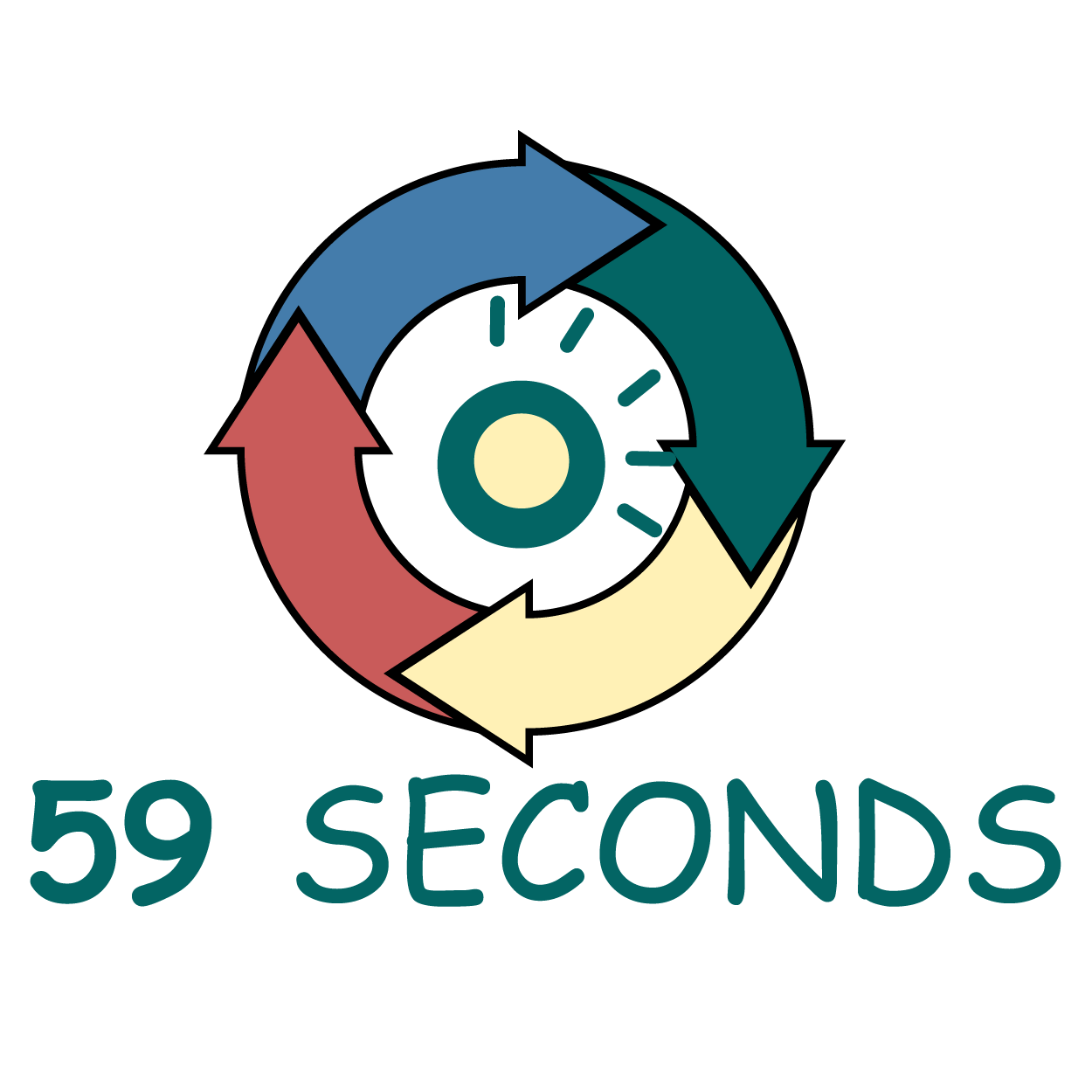How to Solicit Feedback about Priority
Prior to the Sprint Planning Meeting, the Product Owner solicits feedback on the prioritization. The Product Owner has the final say on the prioritization as they have an overall view of all requirements. The Product Owner, therefore, needs to have a good understanding of the business value of each requirement, and the associated costs that may be incurred. They must also understand the dependencies or risks that need to be managed, and the complexity of implementation efforts. The Scrum Master can assist with this process and suggest appropriate methods to do so. As a starting point, there are some common prioritization tools, two of the most common methods are the MoSCow and the 100-Point Method.
The first method known as MoSCoW, is an acronym for Must Have, Should Have, Could Have, Won’t Have. These acronyms refer to whether the prioritized features will be the next product release. Because there is an expectation of delivery built into each category it is a slightly more sophisticated version of High, Medium, Low and other similar labeling categorizations. All items identified as Must Have’s are the highest priority requirements, or in other words, if any one of the Must Have’s is not completed and implemented successfully the project/product will not be ready for the release. Anything that can be considered out of scope or a goal for the future will be listed as Won’t Haves and everything else will be either a Should Have or a Could have. The goal of this method is to obtain consensus from the team that the right priority has been assigned. If there are differences of opinion, it is a good opportunity to find out why; it may be that one member knows something of significance that has not yet been discussed with the rest of the group.
The second method, known as the 100-point method, gives equal voice to all participants by functioning like a panel of judges. Each member starts with a bucket of points and is asked to vote by dispersing the points across the requirements. The trick is that the total of their individual votes cannot be a greater amount than they were initially given thus encouraging a well thought out distribution of points.
Recommended Further Reading
The following materials may assist you in order to get the most out of this course:
